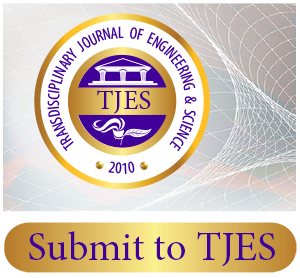Controlling the Complexity of Hierarchical Scheduling Frameworks
An MBSE Approach
Abstract
Hierarchical scheduling frameworks are a new scheduling paradigm where multiple system schedules are integrated (one-within-another). HSFs presents a multi-layered complexity problem that system engineers are struggling to contain. A promising trend in the aerospace and defense industry is to employ Digital Engineering’s Model-Based Systems Engineering (MBSE) to deal with the complexity of HSFs. MBSE permits the abstraction of application-specific details that can radically speed up system design exploration. Thus, this paper investigates how the output from an HSF algorithm can be converted into an MBSE modeling language that enables architectural exploration for resource allocation. The Unified Modeling Language (UML) Modeling and Analysis of Real-Time and Embedded Systems (MARTE) Profile is the chosen unified modeling language of MBSE. The modeling language is used with an HSF application for demonstration purposes. The approach in this paper seeks to limit tool use by combining an inline verification method (Genetic Algorithm) with a new MBSE workflow.


